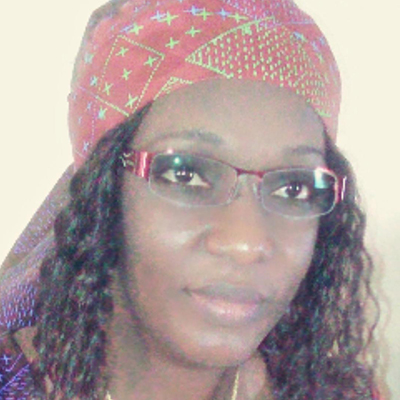Dermatology
— filling the care deficit —

Train health professionals, develop diagnosis and participate in prevention of social and health risks for people with albinism : the Pierre Fabre Foundation contributes to filling the gap for the management of skin diseases in Africa.
________
Skin diseases are among the first reasons people seek medical consultation in emerging countries, but they are difficult to treat due to the lack of medicalstaff training in peripheral health centres in these “non-priority” pathologies, the complications of which can nevertheless be severe if not promptly treated. For example, impetigo can lead to kidney failure.
This challenge is coupled with a marked lack of dermatologists, forcing patients to make long and expensive trips to seek medical advice in major urban areas. These ailments, the leading reasons behind medical consultations, are often treated in peripheral centres that suffer from a severe lack of specialists and personnel little-trained in non-priority diseases. This situation is of great concern, especially as the populations have a genuine need.
These circumstances led the Fondation Pierre Fabre to invest in the field of teledermatology with a twofold commitment: training healthcare workers to treat the most common diseases and providing the technical capacities needed to entrust the more difficult cases to specialists.
At the same time, the Foundation works to prevent and manage the social and health risks of people with albinism, a population that is particularly exposed to the risk of skin cancers and that also suffers from ophthalmic problems that compromise their access to education and their economic integration. The Pierre Fabre Foundation’s activities in favour of people with albinism are structured in a global approach that goes beyond the medical aspects and covers psychosocial support for patients and information for the population.
The projects supported by the Foundation include a component on the local production of sun protection ointment, whose formula was developed pro bono by Pierre Fabre Laboratories and specifically adapted to the context of sub-Saharan Africa.
 |
 |
 |
| Preventing skin cancers due to albinism — Mali — |
Prevention and early management of skin cancer for people with albinism — Tanzanie — |
Assessing the viability of teledermatology — Mali — |
 |
 |
 |
| Prevention and treatment of skin diseases among people living with albinism — Burkina Faso — |
Skin cancer prevention and treatment in people with albinism — Togo — |
Teledermatology implemented in Mauritania — Mauritania — |
 |
 |
 |
| Implementation of the Téléder Togo teledermatology programme — Togo — |
Prevention and treatment for people with albinism — Ivory Coast — |
Implementing teledermatology – E-Dermato Niger — Niger — |
 |
||
| Improving protection, prevention and access to health care for people with albinism in sub-Saharan Africa — Côte d’Ivoire, Uganda, Niger, DRC and Madagascar — |
 |
||
| Improving management of noma — Burkina Faso — |
||
Follow our action
Mobile Clinics in the Central African Republic: Caring for Survivors of Violence
This unique initiative in the Central African Republic enables thousands of women to access crucial healthcare services and rebuild their lives.
Maternal health : the Fondation Pierre Fabre and Aminata Maternal Foundation are joining forces
The Fondation Pierre Fabre and Aminata Maternal Foundation are joining forces to improve maternal health in Sierra Leone, with a special focus on caring for teenage mothers.
Call for Proposals: Support for Associations in Occitania for Health in the South
The Fondation Pierre Fabre is launching its 2025 call for proposals to support associations in the Occitanie/Pyrénées-Méditerranée region working to improve access to healthcare in developing countries. Project sponsors have until 31 March 2025 to apply via the Portail Solidaire.








